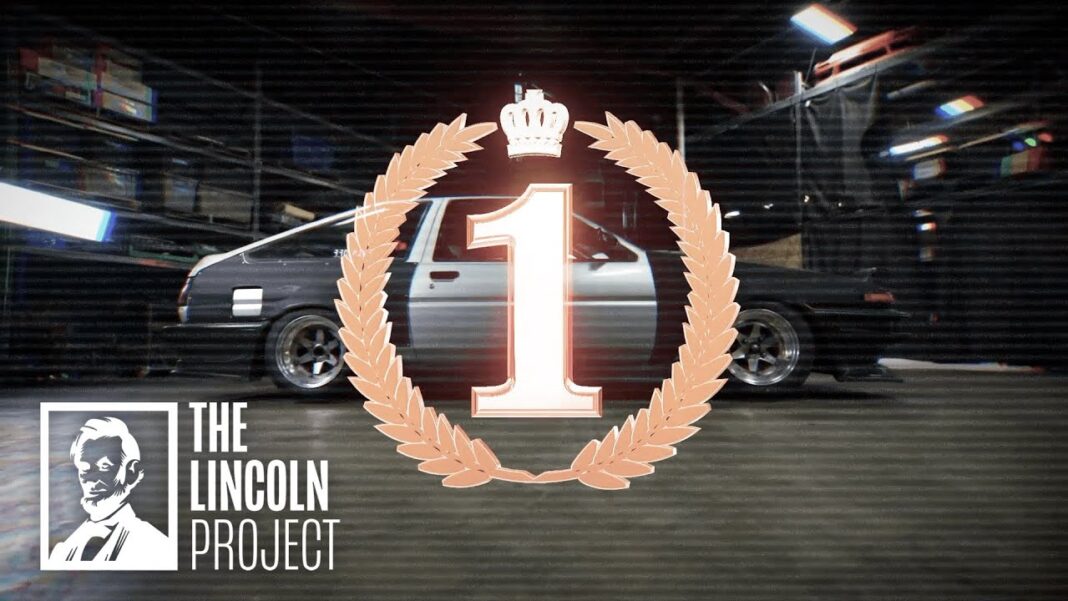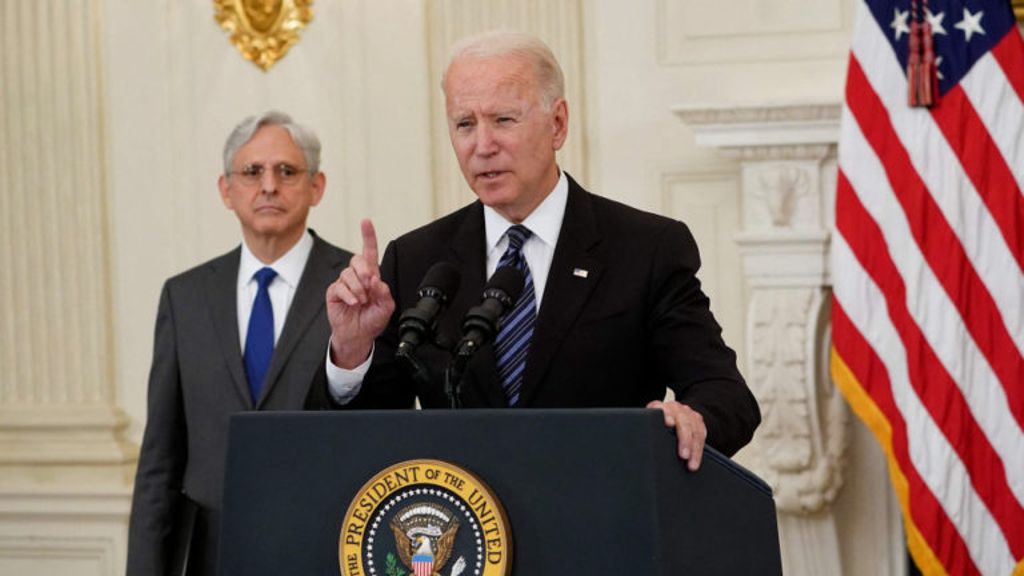How amusing it is to see the advocates of critical race theory (CRT) and the 1619 Project vehemently deny that their philosophy is even being taught in elementary and secondary schools. Most recently, teachers’ union president Randi Weingarten insisted that CRT is merely a subject of discussion in law schools and the legal community, not in the public school system.
Hogwash! Parents wouldn’t be mobilizing against CRT if they didn’t witness its divisive propaganda being dumped on their children. Ironically, we have the COVID lockdowns to thank for this. Ordinarily, parents aren’t exposed to what their children are being taught in school. But with online instruction, they can pop into their kid’s room and go, “They’re teaching him WHAT?”
If CRT and its ideological cousin the 1619 Project really aren’t being taught in schools, why would the teachers unions and the left worry about them being banned by state legislators? That would be like states banning unicorns. This is absolutely no problem, since there are no unicorns. Of course, the reason the unions and the left are up in arms is because CRT and the 1619 Project are being widely taught, and the state laws would curb these forms of indoctrination.
Taking a somewhat different approach, Gillian Brockell wrote a recent article in The Washington Post implying that CRT and the 1619 Project represent the very mainstream of American history, and that the great abolitionist leader Frederick Douglass would have been on board with their core premises. “Frederick Douglass had nothing but scorn for July Fourth,” her headline reads. “The Black abolitionist spoke for the enslaved.”
The article, however, like CRT and the 1619 Project, tells only half of the story. Let’s follow its narrative in some detail. Brockell recalls Douglass’s famous July 4 address (pdf), delivered in Rochester, New York, to the Rochester Ladies’ Anti-Slavery Society. The first part of the speech does indeed support Brockell’s account, because Douglass gives a savage indictment of how American independence looks to a black man.
“This Fourth [of] July is yours, not mine,” Douglass says. “You may rejoice, I must mourn. To drag a man in fetters into the grand illuminated temple of liberty, and call upon him to join you in joyous anthems, were inhuman mockery and sacrilegious irony. Do you mean, citizens, to mock me by asking me to speak today?” Douglass here is not speaking for himself. After all, he had escaped slavery in Maryland 14 years earlier. He was not “a man in fetters.” Douglass, however, was speaking from the point of view of the slave, his former self.
“What, to the American slave, is your Fourth of July?” Douglass continues. “I answer: a day that reveals to him, more than all the other days in the year, the gross injustice and cruelty to which he is the constant victim. To him, your celebration is a sham; your boasted liberty, an unholy license; your national greatness, swelling vanity; your sounds of rejoicing are empty and heartless; your denunciations of tyrants, brass fronted impudence; your shouts of liberty and equality, hollow mockery; your prayers and hymns, your sermons and thanksgivings, with all your religious parade and solemnity are, to him, mere bombast, fraud, deception, impiety and hypocrisy—a thin veil to cover up crimes which would disgrace a nation of savages.”








